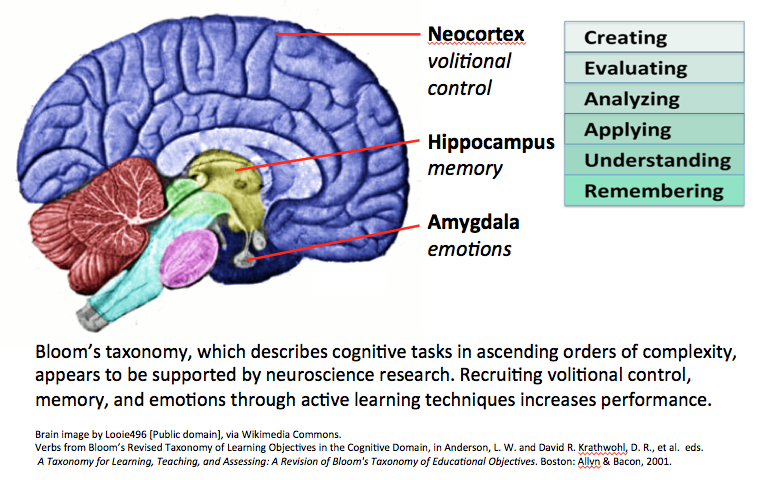
Active Forgetting: New Study Reveals Brain’s Ability to Remove Memories
New research shows that people can intentionally delete certain memories from their minds by dampening the brain circuits that initially stored them. A recent study asked participants to forget one of two items and then tested them on the remaining relevant memories. This study, published in The Journal of Neuroscience, delves into the intriguing process of memory manipulation.
Neural Mechanisms of Memory Deletion
The study involved recording the brain activity of around 30 participants as they engaged in a memory task. By combining computational neuroscience with cutting-edge optogenetic experiments, researchers uncovered a neural mechanism in the hippocampus that aids in filtering out unnecessary information during memory replay. This mechanism helps consolidate long-term memory by removing noise during rest or sleep.
Active Forgetting: Facet of Learning and Memory
The findings suggest that active forgetting could play a significant role in learning and memory processes. Further research is required to fully understand the implications of inhibiting this process on individuals’ ability to acquire new information and recall existing memories.
Implications for Memory Formation
In a groundbreaking 2012 study published in Nature, the researchers identified and stimulated a cluster of neurons in the brains of mice to erase a fear memory. This study challenges the notion that old memories are forever retained, suggesting that the brain may clear out outdated information to make room for new memories.
Enhancing Working Memory Function
The removal of irrelevant information from visual working memory is crucial due to its limited capacity. Previous research has shown that information removal can be achieved by diverting attention from irrelevant memory items. Understanding memory consolidation and reconsolidation processes sheds light on how memories are stabilized for long-term retrieval.
Insights into Learning and Memory
A recent breakthrough study highlights how brain cells transmit vital information from their extremities to their nucleus, activating genes essential for learning and memory. While scientists have long studied the regions of the brain involved in memory processes, the intricate workings of different brain parts in memory implementation have remained a mystery.
Elizabeth Johnson, PhD, assistant professor of Medical Social Sciences and Pediatrics, emphasizes the importance of this research in unraveling the complexities of memory formation and retrieval.







